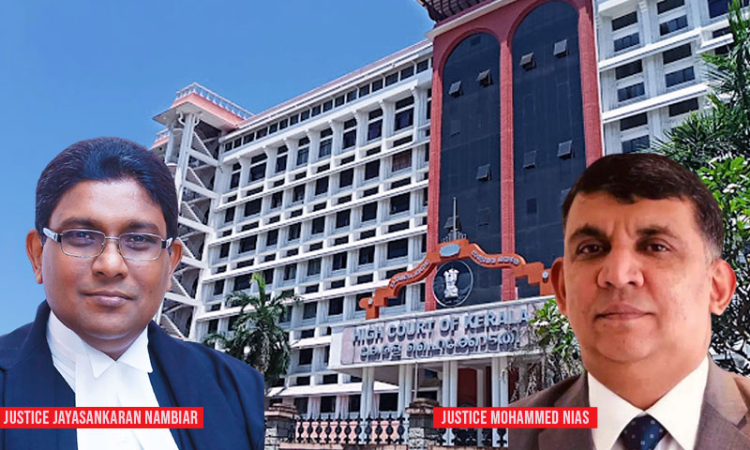Offending Officer Can Be Transferred In Case Of Indiscipline In Forces: Kerala High Court
Hannah M Varghese
12 Aug 2022 10:39 AM IST

Next Story
12 Aug 2022 10:39 AM IST
The Kerala High Court on Wednesday ruled that it is permissible to deal with indiscipline in disciplined forces by transferring the deviant officers. A Division Bench of Justice A.K. Jayasankaran Nambiar and Justice Mohammed Nias C.P. added that such transfers would ensure that discipline is maintained within the force while simultaneously assuring that no aspersion is cast on the...
